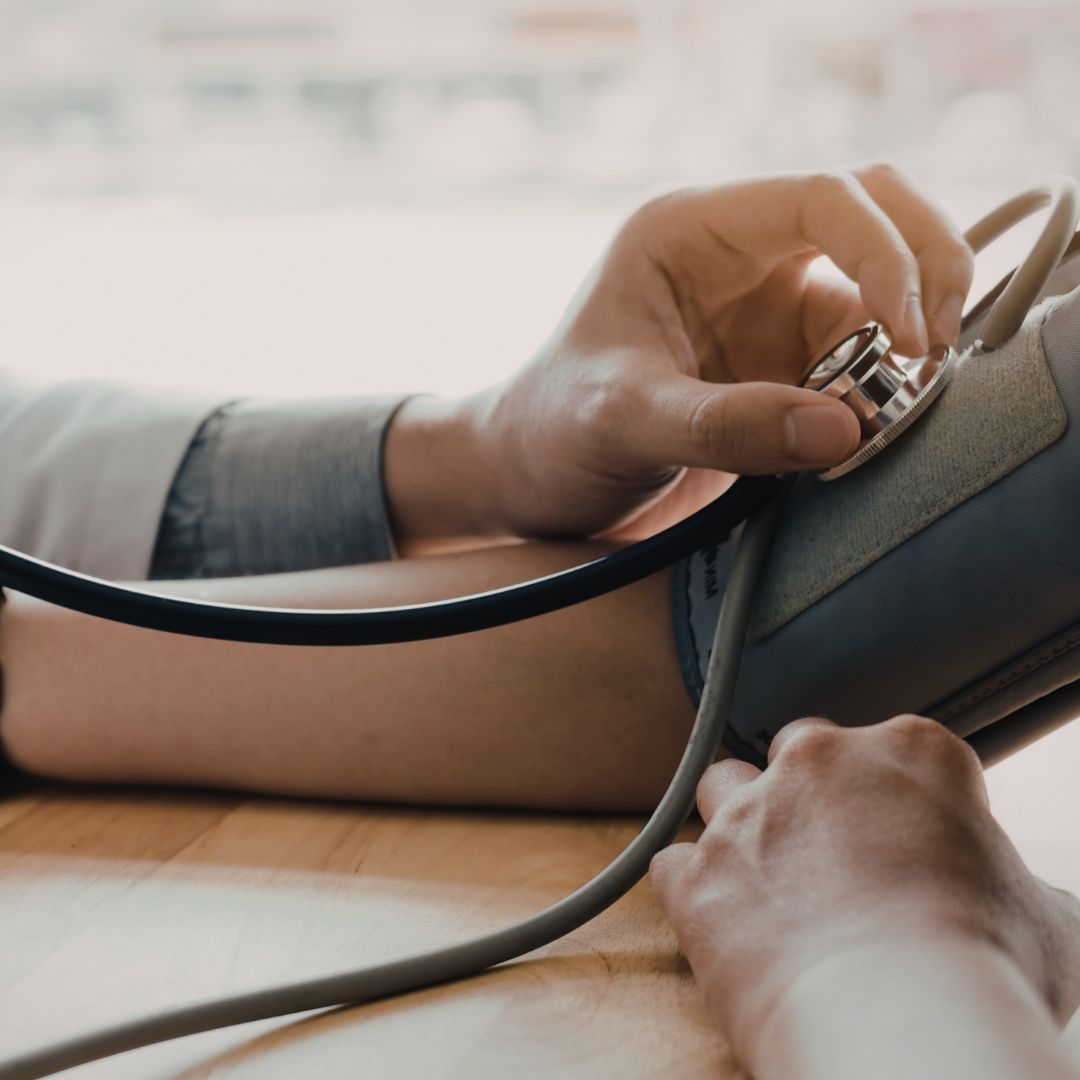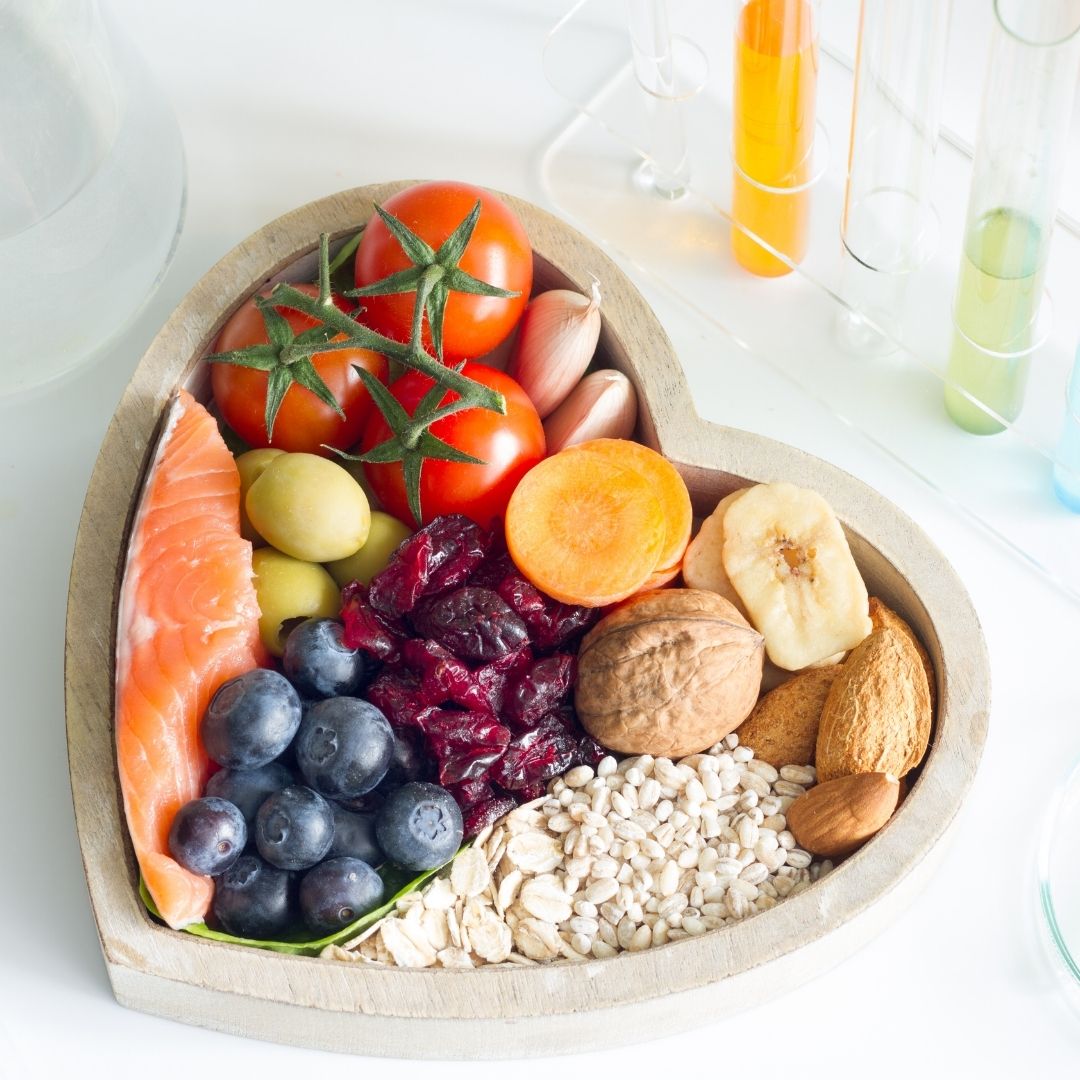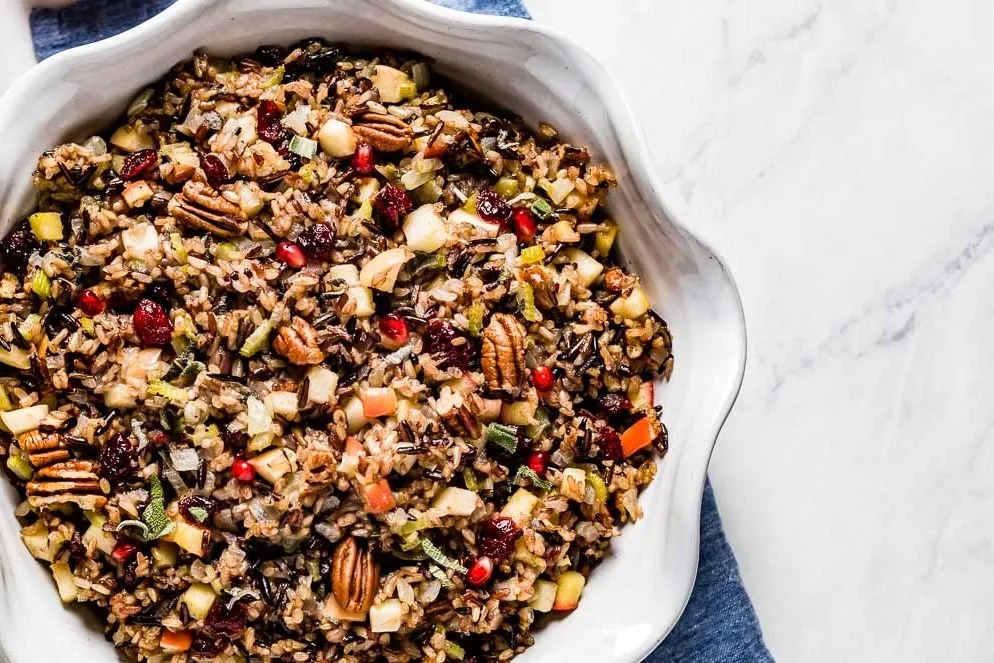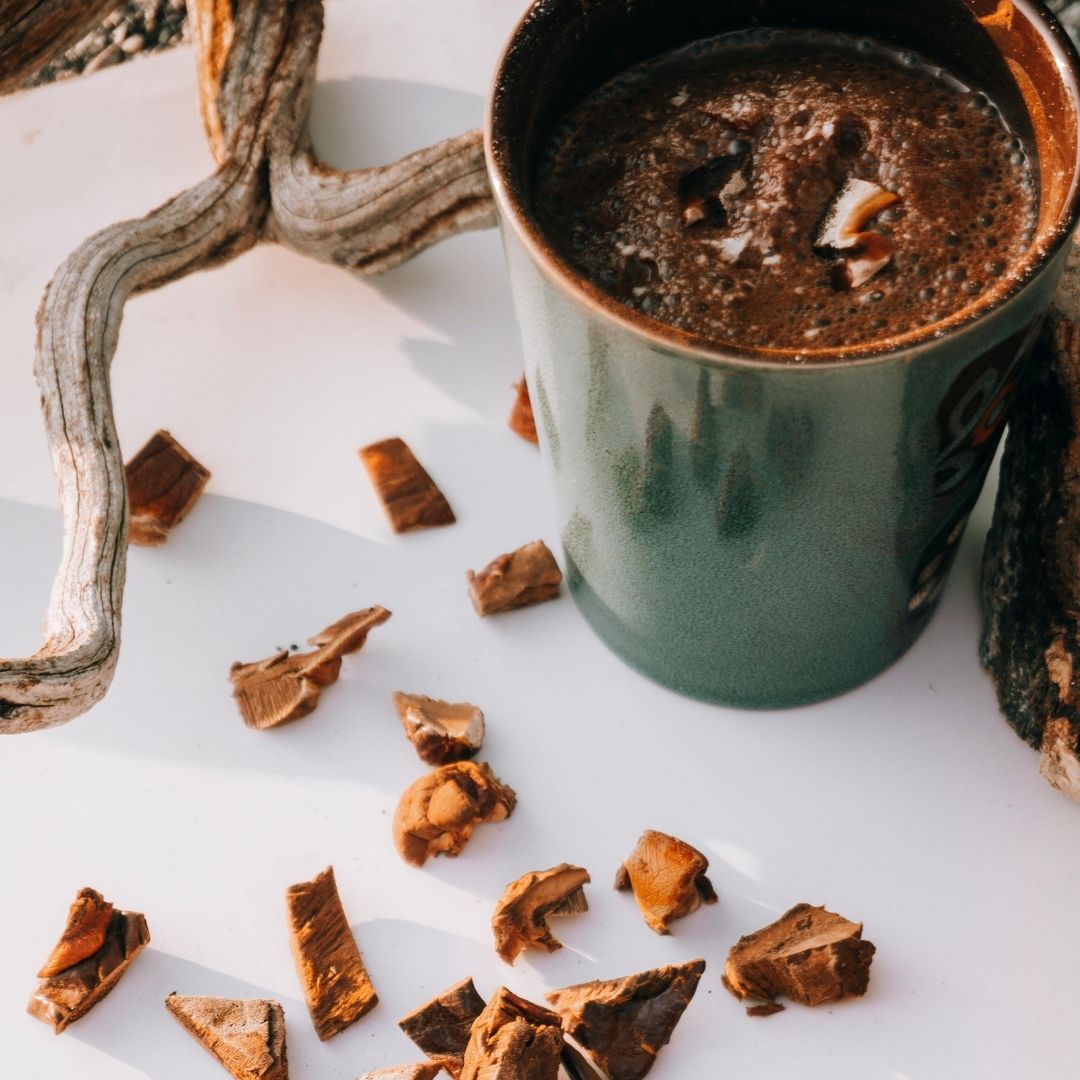Collagen is having a moment. Search the word on Google and you’ll be met with an avalanche of articles, product pages and glowing recommendations. But what exactly is collagen - and why has it suddenly become the poster child for everything from glowing skin to joint health?
In this post, I’m diving into what collagen actually is, why it’s essential for your body, and why this growing interest isn’t just another wellness fad. I’ll also explain why not all collagen is created equal - and what you need to look for if you’re considering adding it to your daily routine.
Why Collagen Is So Important
Think about assessing a house before deciding if it could be your next home. You’d consider the build quality - are the foundations solid? Are the walls reinforced? Or does it look like it’s held together with patchy repairs and wishful thinking?
The key concepts you’re evaluating here are longevity and resilience - because if you’re living in it, you want to feel confident it won’t collapse any time soon.
That’s exactly how you should think about collagen and your body. Collagen is the foundational framework that holds everything together. And just like a house, over time it needs maintenance. Cracks and creaks will appear naturally as we age, but with good care and the right building blocks, we can reinforce and restore strength, function and structure.
Let’s start by exploring what collagen actually is.
What Is Collagen?
Collagen is the most abundant protein in the human body, making up around 30% of your total protein. It acts like scaffolding, providing structure, strength and elasticity to tissues such as skin, muscles, bones, tendons, ligaments, blood vessels and organs.
Structurally, collagen is made from three amino acid chains tightly wound together in a triple helix, a bit like a thick, spiralled cable you'd see holding up a suspension bridge. This formation makes it incredibly strong and resistant to tension and stress.

Collagen’s Role in the Body
From your bones to your gut lining, collagen provides the tensile strength, flexibility and repair mechanisms that keep you resilient from the inside out. As we age - or face injury, stress, nutrient deficiencies, or hormonal shifts - our natural collagen production declines. The result? A gradual breakdown in the strength and elasticity of these vital systems.
Here’s where collagen shows up in the body, and why maintaining healthy collagen levels matters:
- Skin – firmness, elasticity, hydration and healing
- Joints – cushioning, shock absorption, injury repair
- Bones – flexibility, fracture prevention, mineral retention
- Muscles – strength, structure, and recovery after exertion
- Gut lining – integrity of the intestinal wall, prevention of leaky gut
- Blood vessels – flexibility, integrity, circulation support
- Organs – structure and function
If that sounds like most of your body - you’re right! Collagen is everywhere.
Different Types of Collagen (and What They Do)
There are at least 28 different types of collagen, but here are the five most important:
- Type I – The heavy lifter: makes up ~90% of total collagen. Found in skin, bones, tendons and ligaments. Provides strength, elasticity, and structural integrity.
- Type II – Found in joints and spinal discs. Acts as a cushion, supporting shock absorption and smooth movement.
- Type III – Works alongside Type I in skin, lungs, blood vessels and the gut. Provides elasticity and is crucial for healing, pregnancy and gut repair.
- Type IV – Found in the skin’s basement membrane. Acts like a glue between layers, and supports skin regeneration and barrier function.
- Type V – The “foreman” of collagen construction. Found in the skin, cornea, hair and placenta, it helps regulate fibre quality and organisation.

What Increases Your Collagen Needs?
Our collagen production starts to decline in our late 20s, and by age 40, most of us are losing about 1% per year. But several other factors can ramp up your body’s demand for collagen:
- Ageing – Natural decline in production. Think classic car needing a bit more maintenance.
- Injury & Surgery – Healing relies heavily on collagen for tissue repair.
- Pregnancy & Postpartum Recovery – Huge demand for rebuilding skin, joints, pelvic floor and more.
- Perimenopause & Menopause – Oestrogen drops lead to a rapid decline in collagen, impacting bone density, skin and joints.
- Digestive Issues – Conditions like leaky gut, reflux, IBS or food sensitivities put extra strain on Type III collagen.
- Active lifestyles & sport – Exercise breaks down connective tissues that need collagen to rebuild.
- Environmental & lifestyle factors – UV rays, smoking and excess sugar all damage collagen structures.
What About Dietary Collagen?
Yes, you can get collagen from food, particularly:
- Bone broth
- Skin-on chicken
- Slow-cooked meats and joints
- Fish skin
- Egg whites
- Gelatine-based foods
These are rich in collagen or the amino acids needed to make it (glycine, proline, hydroxyproline). But here's the problem: the amounts are small and unpredictable. And if your body is under stress, recovering from injury, ageing, or dealing with digestive or hormonal changes, you’re going to need more than diet alone can provide.
Why Collagen Supplements Are a Game Changer
Supplementing with hydrolysed collagen peptides (a pre-broken down form your body can absorb easily) can make a real difference. Here’s who can benefit most:
- Over 30s wanting to maintain skin, joints and bone health
- Perimenopausal and postmenopausal women to support bone density, elasticity and muscle mass
- Postpartum mothers healing after childbirth
- Athletes and active individuals needing faster recovery and injury prevention
- Anyone healing from surgery or injury
- People with digestive issues, food intolerances, or leaky gut (we have a great post about leaky gut and how to fix it here too)
Clinical trials have shown that collagen supplementation supports skin hydration and elasticity, joint recovery, muscle mass, and even wound healing post-surgery.
What Kind of Collagen Supplements Are Out There?
As I said before - not all collagen supplements are created equal. Here's a quick breakdown:
- Bovine collagen - Highly bioavailable, easy to digest, and versatile.
- Marine collagen – Smaller peptides, good for skin and with beauty benefits. Fish-derived, so suitable for pescatarians.
- Multi-type collagen blends – Combine Type I, II, III etc. for broader benefits.
- Gelatine – Less processed, great for cooking but not as easily absorbed.
- Vegan collagen boosters – These don’t contain collagen but supply nutrients that support collagen synthesis (like vitamin C, zinc, and amino acids).

The Most Effective Way to Increase Collagen
If you want to support your collagen levels in the most effective way, here’s the formula:
- Take 5–10g of hydrolysed collagen peptides daily, ideally with vitamin C (which acts as a cofactor in collagen synthesis). I recommend Bare Biology Fundamental - sourced from Swiss and EU grass-fed cattle, it’s as pure as it gets. You can check the table below to see the most efficient way to supplement - and why I recommend powder form.

- Time it around exercise - particularly helpful for tendons if taken an hour before training.
- Pair with strength training to signal the body to rebuild stronger, healthier tissue.
- Support your gut. You can’t build collagen if you’re not digesting protein properly.
- Minimise collagen damage. Avoid smoking, reduce sugar (more good reasons for this here!), and use SPF to protect from UV (find my favourites here).
Collagen isn’t a beauty buzzword. It’s the structural cornerstone of your entire body, and is not just about plumping skin or reducing wrinkles! It’s a vital protein that helps build and maintain the strength, resilience and flexibility of your body from the inside out - which is why it’s so important to support our bodies with getting our collagen needs met.
If you would like any support on anything I’ve mentioned in this blog post, please don’t hesitate to reach out. You can book a confidential quick consult with me here for an immediate discussion, or opt for the Optimal Health Package (call or email based), for personalised nutritional and lifestyle guidance over four sessions, in addition to any targeted supplements.
.jpg)
.jpg)



.png)



.jpg)
.png)



.jpg)
.jpg)
.jpg)
.jpg)
.jpg)
.jpg)
.jpg)
.jpg)
.png)
.png)
.png)
.png)
.png)
.png)
.png)


